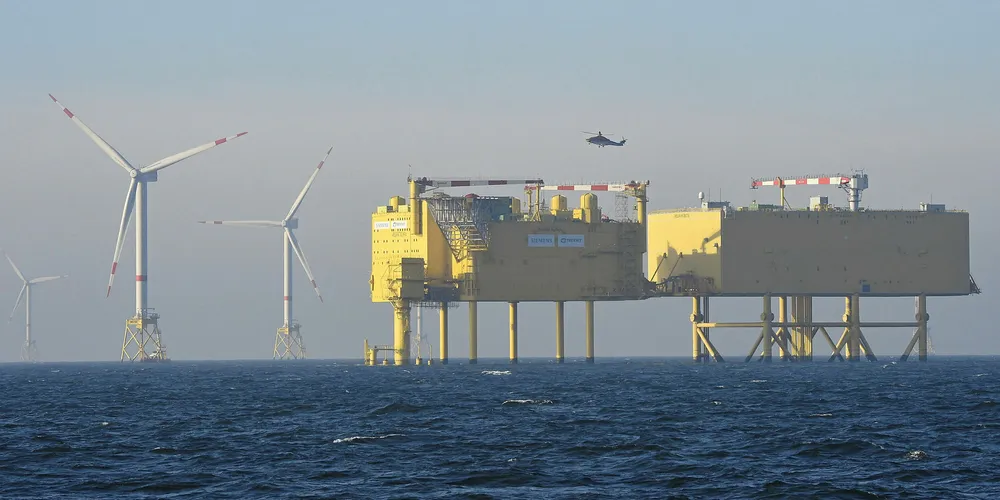Offshore wind output beats solar for the first time in Germany
Turbines at sea produce more power than solar energy during the first quarter, new data shows

Turbines at sea produce more power than solar energy during the first quarter, new data shows
